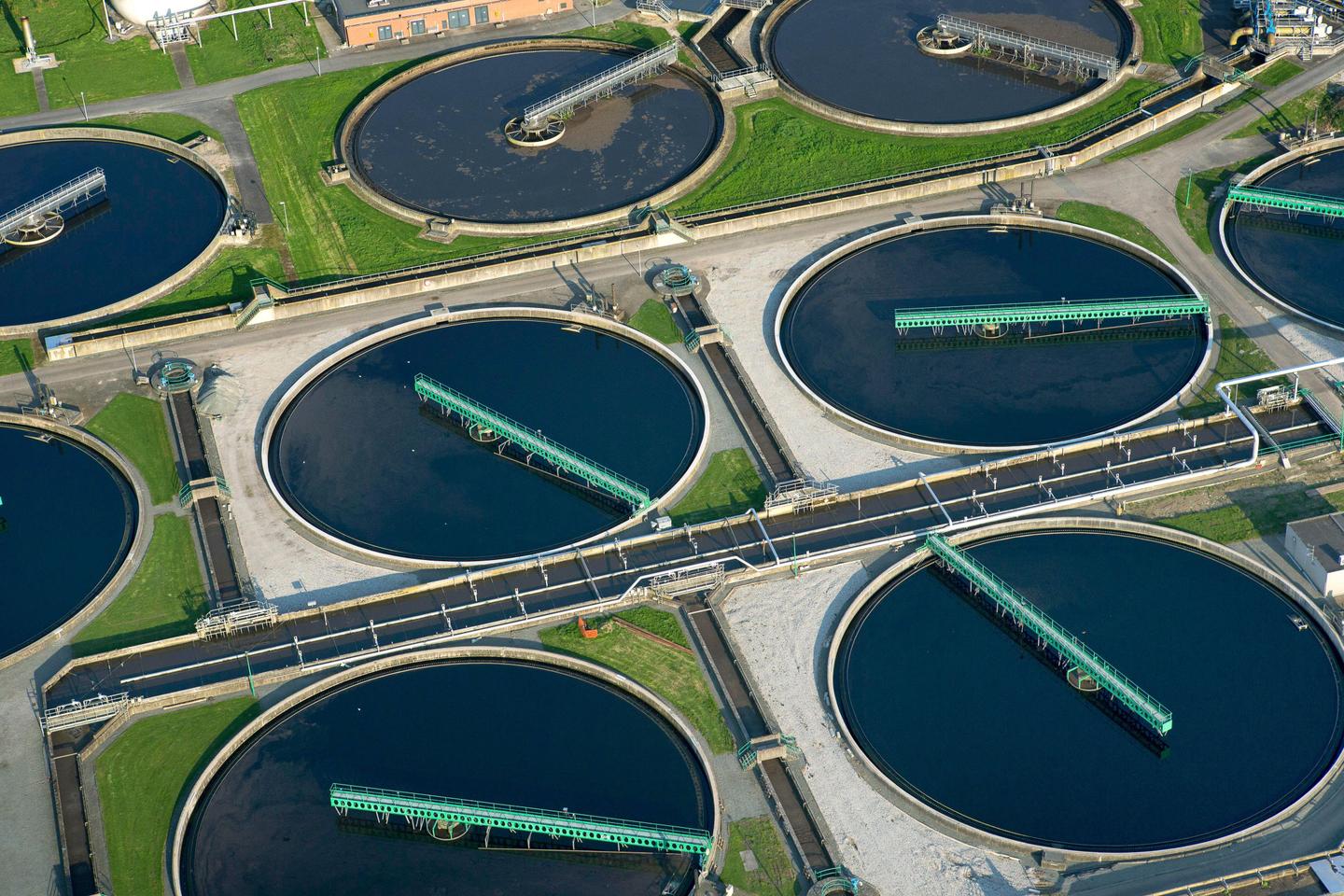


A months-long investigation by the RTBF public television program "Investigation," aired on Wednesday, November 8, revealed heavy contamination of the region of Wallonia's water supply with perfluoroalkyl and polyfluoroalkyl substances (PFAS), highly persistent chemicals with non-stick, waterproofing, and heat-resistant properties. A situation both the Belgian public authorities and the Société wallonne de distribution des eaux (SWDE) were aware of, while consistently downplaying the risks it posed, as the authors of the televised investigation have shown.
A total of 36 "hotspots" were detected in the region, which surprisingly seemed to have escaped any PFAS pollution until now, according to the first European cartography which served as a basis for the "Forever Pollution Project" survey published by Le Monde amongst other media at the start of the year. The survey identified some 17,000 European hotspots requiring attention (where more than 10 nanograms per liter of water were measured) and another 2,100 reaching levels deemed hazardous to health (i.e., more than 100 nanograms per liter, the level retained in a draft European directive due to come into force in 2026). Denmark, for its part, has set the danger threshold at 2 nanograms; the United States, at 4; And five northern European countries, led by the Netherlands, are now campaigning for a total ban on these "forever chemicals," which has triggered a massive response from chemical lobbies in Brussels.
Several concerning situations
Wallonia was not, in fact, immune to PFAS, but had evidently failed to pass on the information it possessed. Even when it was alerted back in 2018 by the US Army, which has a base in Chièvres, in the province of Hainaut. Following a contamination incident resulting from the use of fire-fighting foam, the US military started relying solely on bottled water, while local residents remained unaware of the contamination, being kept in the dark by the regional authorities. Nor were the mayors of the localities concerned, some of whom now confide that they are "furious." Chièvres closed a water tower; the city of Ath banned water consumption in a school.
Twelve thousand inhabitants near Ath have been drinking contaminated water for at least 18 months, with PFAS levels exceeding the future European standard by three to six times. But "the water was drinkable," claimed a spokesman for the Société wallonne des eaux (SWDE), arguing that the European standard of 100 nanograms per liter is not yet enforced. As for the regional Environment minister, Céline Tellier, a member of the Green party, she has repeatedly maintained that measured pollution levels were "reassuring." She will be in the hot seat on Tuesday, November 14, at an extraordinary debate called by the regional parliament. In the meantime, she will have met with SWDE executives to "shed light on the communication process that seems to have been lacking at the time."
You have 25% of this article left to read. The rest is for subscribers only.
